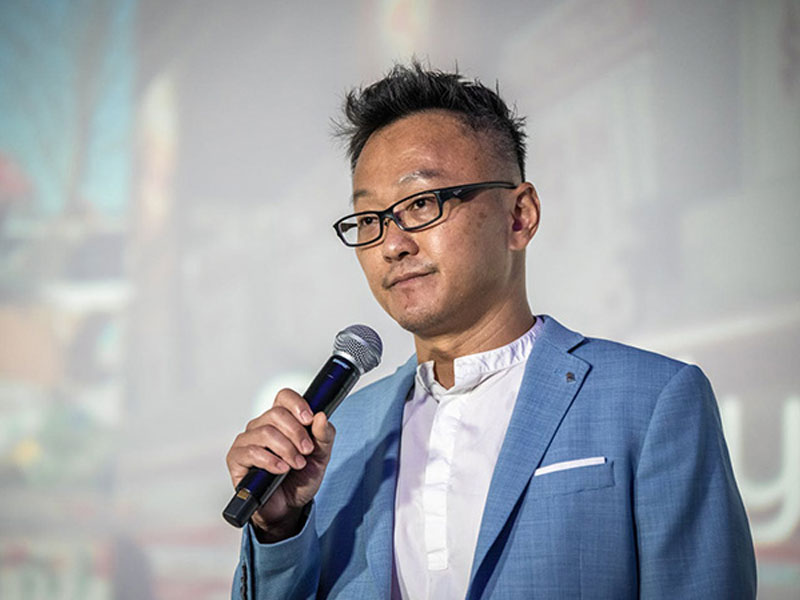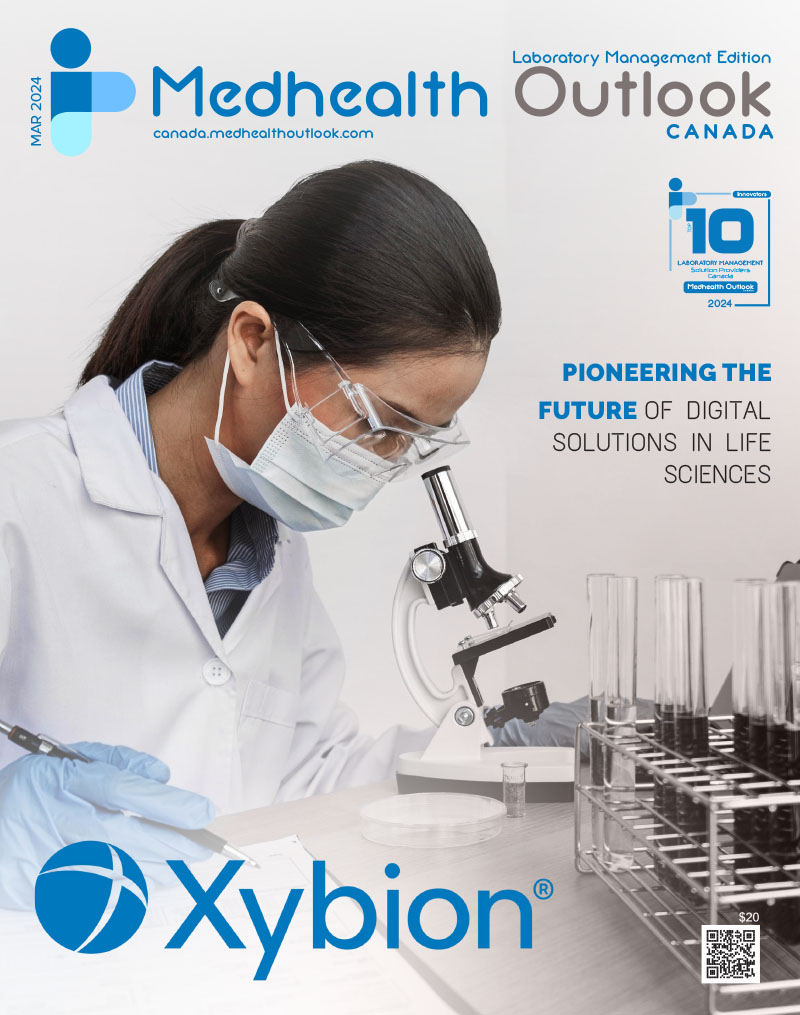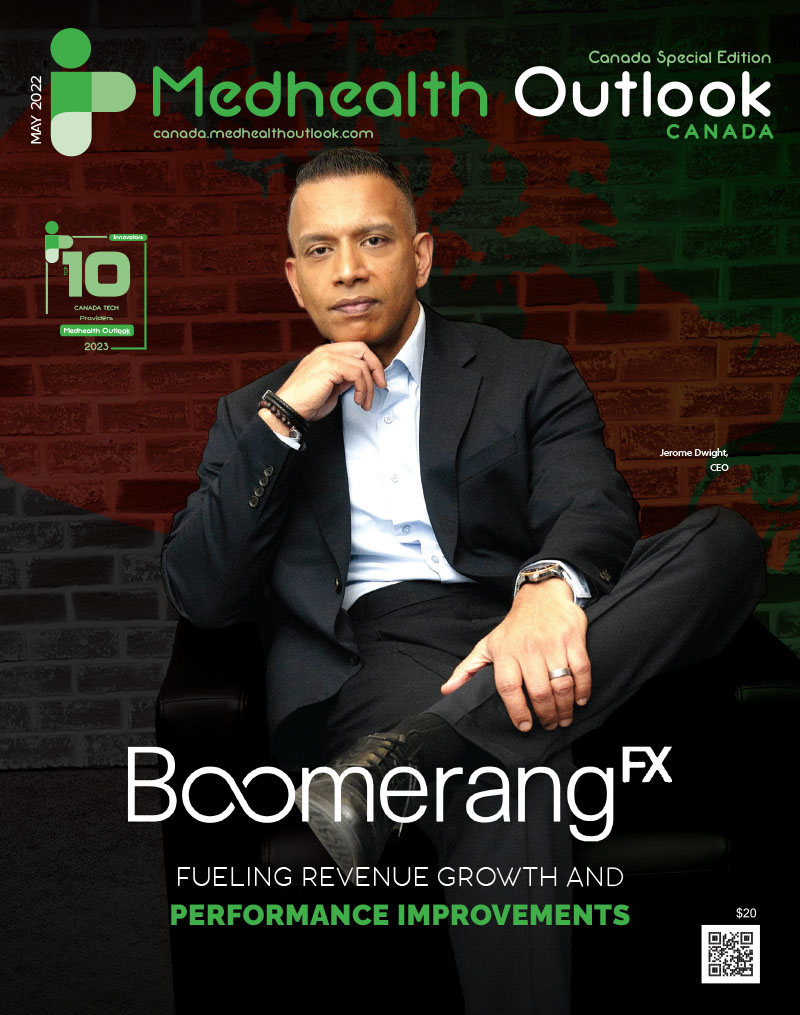I guess not many people can say this better than I do. I started my microalgae research in California. I then ended up getting funding in Singapore to carry out major R&D work. And during the pandemic, I learned that the best place for us to scale up the technology is actually in Europe.
Did you notice that most of the new food tech has something to do with biotech? From the microbial fermentation (like the one we develop) to the cell-based foods, all these new technologies require some level of bioprocessing. And that’s why Europe is taking the lead and will have some major advantages in the foreseeable future.
The lack of infrastructure, talents, and companies in bioprocessing technologies is not a problem unique only to Singapore. It is a problem for most Asian countries and, to some extent, even US and Canada. What we learned through the last couple years is that Europe is the ONLY continent with a FULL ecosystem for “bioprocessing” technologies development. I am talking about more than a fermentation facility. It includes the following.
- Databanks
- Schools
- Labs
- Scientists and professionals in this industry
- Companies helping other companies to scale-up their new bioprocessing technologies
- Companies helping other companies design their facilities
- Companies helping other companies construct their facilities
- Companies making equipment for bioprocessing
- Companies selling and leasing equipment for bioprocessing
- Companies helping other companies do contract manufacturing (both upstream and downstream). They are the so called CMOs
From my experiences, some of these are even totally missing in Asia. Let me give you some examples.
- Databanks – Taking Singapore as an example, microalgae libraries are nowhere to be found. This is not so much an issue per se, but it will be critical if Singapore is determined in developing Single Cell Protein (SCP). And talking about SCP, there are more than just libraries (or databanks) for microalgae that are needed. We are also talking about bacteria, yeast and fungi. What needs to happen for decent research work to start is a databank for all types of microorganisms, especially microalgae.
- Scientists and professionals in this industry – Singapore does have some problems in this regard. It is not that SG does not have enough “number” of these talents, but that most of them are hired by multinational companies. So, their skill sets are not quite right for startups. What startups need, a lot of time, are the true and experienced R&D and Scale-Up people. And these people are very lacking in Singapore (also most part of Asia). They are either not experienced enough or are not R&D and/or Scale-Up specialists. Europe, on the other hand, has lots of these talents. And a lot of them are willing or interested to work for a startup now.
- Companies helping other companies to scale-up their new bioprocessing technologies – This one is the KEY. And it is totally missing in Asia. And from what I know, there are not so many these type of companies in North America either. And I can find MANY of these companies in Europe. These companies are CRITICAL for all the microbe fermentation startups, and also for the cell-based startups. These companies will be needed when you have completed your lab work in terms of designing your “process”. You then turn your processes to these scale-up helpers. These companies will work based on your process design and match their knowledge on the available large industrial scale gears to develop the best commercial scale manufacturing process for you. Say for example. You design a drying step in the lab. At lab scale, any type of drying technologies should work just fine. But what happens when you scale that up to just 1 ton? Will certain types of drying work more efficiently than others? Or your design of drying should be placed in other parts of the process when scale up due to some unforeseen limitations? These are critical questions you need to answer before you say “This is the final design of the process in the factory. And let’s spend BIG money to construct the factory”. And quite honestly, you CANNOT find such companies in Asia (or even North America), because there is not enough business for them in these markets. But you can find A LOT of these companies in any part of Europe. This is partly due to the fact that Europe has the most advanced and complete pharmaceutical industry.
- Companies helping other companies design their facilities – Especially, I am talking about designing a “bioprocessing” plant. These plants are somewhat different from traditional food fermentation plants. In most bioprocessing facilities, there are two parts of the processes. One is UpStream Process (USP), another is DownStream Process (DSP). Most of the conventional food fermentation processes only have USP but NO DSP. And it is the DSP part that will require some professional knowledge and experiences. In Singapore, there are a couple US and European firms which can do this. And in other parts of Asia, this is very lacking.
- Companies making equipment for bioprocessing – For Asia, China, Japan, and even Korea probably can make up most of the equipment needed. However, the best and top line of the machines are still 100% found in Europe.
- Companies selling and leasing equipment for bioprocessing – There is an issue with this in Asia, SLOW. This, part of it, has to do with the pandemic. But I can imagine that even without the pandemic, it will take at least weeks for you to get a new or usable machine you want. In Europe, because there is no border control, I can order a piece of machine and it will arrive in just DAYS. You are not going to have this efficiency in most part of Asia (other than China) and North America.
- Companies helping other companies do contract manufacturing (both upstream and downstream). They are the so-called CMOs – There are some CMOs in Asia and North America. However, the Intellectual Property protections in Asian countries are all very weak. On top of that, most of the CMOs in the Asian countries, again, only focus on USP. Not a lot of CMOs can help well on our DSP. You will end up spending a lot of CAPEX to buy the proper machines for your DSP so that you can then set it up at your CMO. This is not ideal. And in Europe, you don’t really have such issues.
Bioprocessing is going to be an important part of the ways how we will produce foods in the future. I hope this short article can get more companies and industry professionals to take some proper actions so that these new technologies can be ready in time for our sustainable future.













